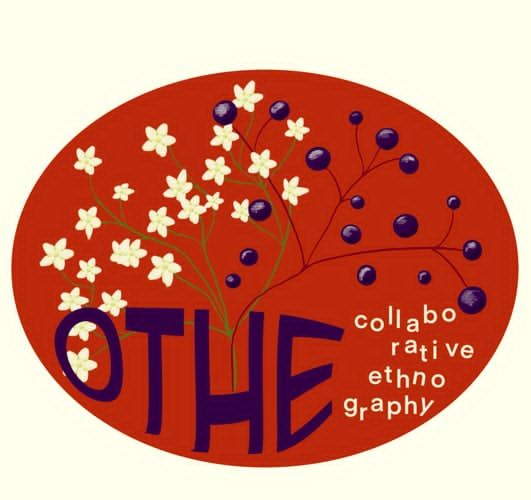Challenging Whiteness in Europe: Linguistic Citizenship and Social Inclusion
The Platform for Linguistic and Epistemic Justice(PLEJ [pledʒ]) is pleased to announce its inaugural symposium, a joint event hosted by UCL SSEES and the UCL Institute of Advanced Studies, with the generous support of the UCL Centre for Humanities Education’s Equality, Diversity, and Inclusion grant: https://www.ucl.ac.uk/ssees/events/2024/oct/challenging-whiteness-europe-linguistic-citizenship-and-social-inclusion: Challenging Whiteness in Europe: Linguistic Citizenship and Social Inclusion for Multilingual Minorities
An opening panel discussion will centre on these questions in SSEES’s regional contexts, with special focus on bilingual Roma living in Central and Eastern Europe. While showcasing work and publications by SSEES researchers on linguistic and social stigmatisation in Scandinavia and Central and Eastern Europe, speakers will focus on issues of coloniality, vulnerability, and resistance in multilingual settings in Europe. A collaborative ethnographic project and the book Translanguaging for Equal Opportunities: Speaking Romani at School will serve to introduce the methodological and ethical challenges of collaborative research and writing, while promoting translanguaging pedagogies and inclusive education for bilingual Roma. The discussion will address the productive complications of building linguistic citizenship in tripartite research which involves minoritised speakers, members of local elites, and university-based researchers and students.
A roundtable discussion in the second part of the symposium will look at these questions from a broader geographic and multidisciplinary angle. A prestigious panel of multidisciplinary scholars from the fields of applied linguistics, critical discourse studies, political science, and economics will address the key questions of the launch and elucidate the ways in which issues of linguistic and epistemic justice impact on their work as researchers and educators. The discussion will sketch the productive complications arising from new epistemologies of research into multilingualism, language endangerment, linguistic citizenship, and the socio-political entanglements of language.


